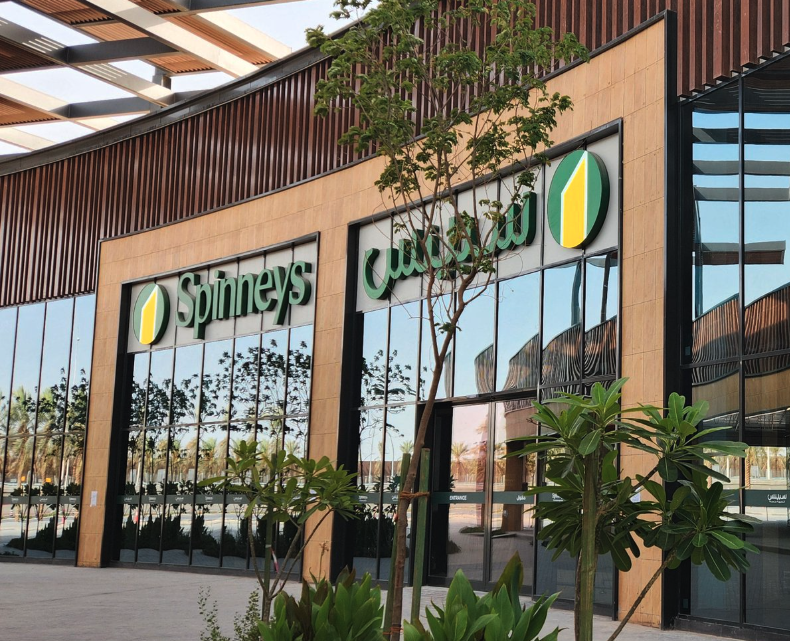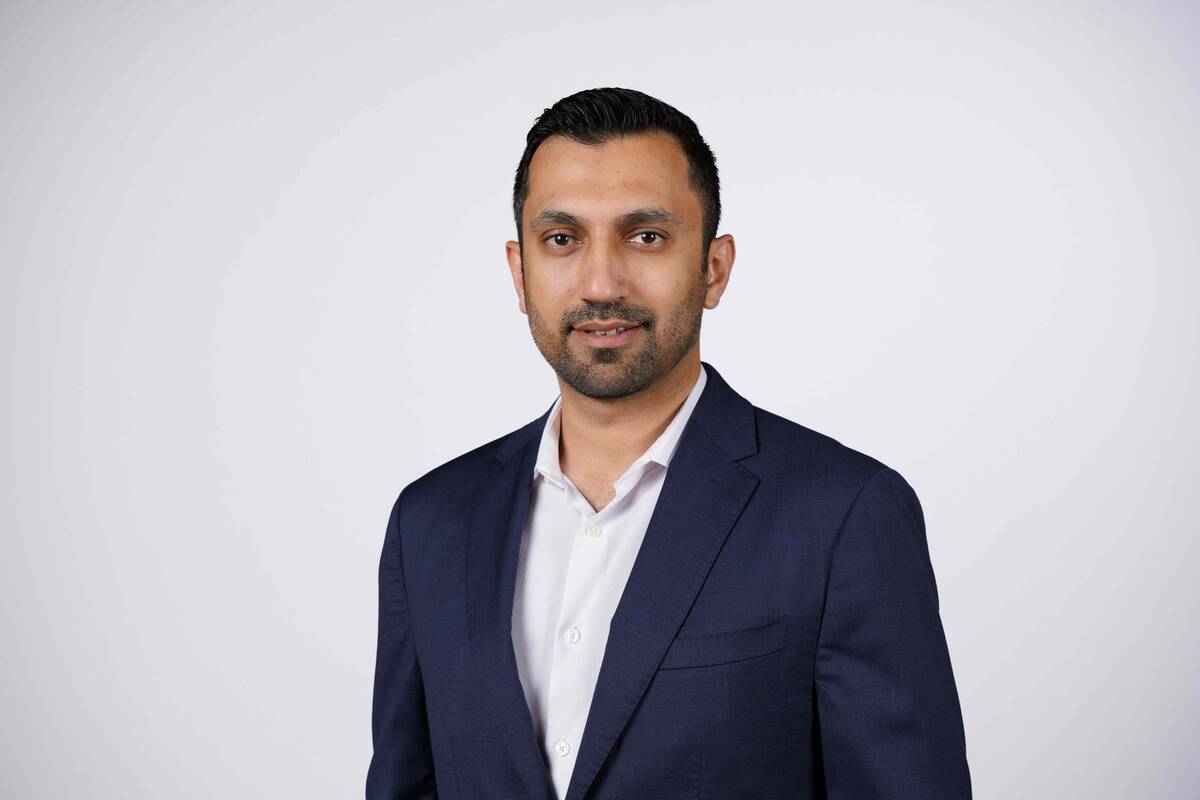RIYADH: Local markets and online shopping will experience a surge during Ramadan activities thanks to an influx of consumers adapting their shopping habits during the holy period.
The purchasing power of customers in the Kingdom during the month reflects a unique blend of cultural traditions, religious observances, and economic factors.
In line with global consumer tendencies, those who observe Ramadan are prioritizing comfort and the opportunity to make personalized selections.
Food, produce and groceries
To break their fast, families prepare lavish “iftar” meals, which can be shared with neighbors and those in need. This rise in consumption significantly increases sales at grocery stores, marketplaces, and restaurants.
Singapore-based market research firm TGM told Arab News that this year 47 percent of expenses during the advent month are designated for food and drinks, with staple dishes like sambosa, shorba and kabsa as well as mahshi, and knafeh gracing dining tables.
In 2023, the Kingdom witnessed a significant rise in spending on cuisine and beverages during Ramadan, with 51 percent of consumers paying more in these categories.
As the world continues to favor digital currency over the traditional form, mobile apps and online food orders are gaining in popularity, with many users finding the purchasing method a reprieve from the standard approach. TGM highlighted that while home cooking dominates, there is a notable increase in digital app usage.
Similarly, a new survey from global payment solution provider Checkout.com highlighted to Arab News that consumers in Saudi Arabia and the UAE plan to purchase a wider variety of products more frequently this Ramadan compared to celebrations in 2023.
The most popular category of goods is expected to be groceries, with 60 percent of respondents planning to procure food more frequently.
Meal delivery is anticipated to be the second most commonly purchased group, with 50 percent of respondents saying they intend to allocate most of their budget to this service.
This uptick in produce revenue can be felt in all regions across the Kingdom, with small businesses, local date sellers, and traditional Saudi coffee merchants witnessing increased demand in sales.
Located in Riyadh’s Seasonal Dates Market, local merchant Abdul Fatah Al-Amri told Arab News that Ramadan is his most active time, saying: “During the year, business is slow, in Ramadan, we sell four, five times more than we do in the full year.”

Consumers are frequently using and leaning on online retail sites to help alleviate both time and money pressures.
Abdo Chlala, Country manager of Amazon Saudi Arabia
Similarly, in the Turaif region, markets and commercial centers are witnessing a revival as the month proceeds, amid increasing purchasing activity since the beginning of Ramadan.
Commercial movement began to rise gradually, driven by the increase in demand for basic food commodities and supplies for the holy month, the Saudi Press Agency noted.
E-Commerce
Alongside traditional brick-and-mortar establishments, online retail platforms witness a spike in activity during Ramadan, with consumers often preferring the comfort of shopping from home.
Despite not following the conventional browsing approach, online purchasing has garnered widespread preference among consumers seeking the convenience of avoiding travel and the expansive product range available in digital stores, thereby expediting the search for desired goods.
Abdo Chlala, the country manager of Amazon Saudi Arabia, said that as the month of Ramadan begins, customers plan to host, cook, and gift, adding that with this shopping mindset instilled, consumers are frequently using and leaning on online retail sites to help alleviate both time and money pressures.
Chala outlined that navigating Ramadan and Eid means offering customers what they require at each stage, from preparation a month before Ramadan begins to season-ending celebrations.
Research conducted by Google further affirmed that digital shopping “keeps growing” in Saudi Arabia during the holy month, even among less traditionally online-savvy categories like food and beauty.
Echoing these notions, the survey from Checkout.com outlined that digital retailing will surge even further during this period.
Consumers in the Kingdom and the UAE have noted a strong inclination toward online purchasing, with 95 percent of those surveyed in the two countries saying that they shop online during Ramadan, with 29 percent doing so weekly or even daily, the survey showed.
As the month proceeds, approximately three-quarters of those polled, some 76 percent, plan to purchase products and services in the digital market more frequently or at the same rate during the holy month.
Meanwhile, 26 percent of those surveyed said that they will shop in person less frequently for products and services.
HIGHLIGHTS
• Singapore-based market research firm TGM told Arab News that this year 47 percent of expenses during the advent month are designated for food and drinks, with staple dishes gracing dining tables.
• In 2023, the Kingdom witnessed a significant rise in spending on cuisine and beverages during Ramadan, with 51 percent of consumers paying more in these categories.
• Alongside traditional brick-and-mortar establishments, online retail platforms witness a spike in activity during Ramadan, with consumers often preferring the comfort of shopping from home.
• Online purchasing has garnered widespread preference among consumers seeking the convenience of avoiding travel and the expansive product range available in digital stores.
Speaking to Arab News, Samer Marei, regional CEO for the Gulf Cooperation Council at multinational logistics, courier and package delivery firm Aramex, said that Ramadan is considered peak season for e-commerce in “this part of the world.”
He noted that this is a result of different factors, including some people’s preference to receive items without leaving their homes, avoiding traffic, and adapting to the changed working hours.
This rise in demand comes with the same or even higher expectations for service levels, Marei added.
With the rise in e-commerce accessibility and the convenience of online shopping, consumers tend to make more purchases and spend greater amounts, he explained. This trend is attributed to the ease of comparing prices and product options, leading to increased competition and lower expenses.
Marei also highlighted a growth in demand for gifts with the option to deliver them directly to the receiver, both locally and internationally.
The CEO said: “All products have an uptick in sales during the month of Ramadan, mostly driven by promotions and discounts, but the top products are apparel, beauty, skincare, and toys.”
He added: “Being the market leader in delivering e-commerce orders, either internationally or local domestic deliveries, we can see that basket size, as value and weight, is larger than the normal off-peak season, and international shopping increased as consumers tend to buy based on promotions and deals from e-tailers outside their country.”
Fida Hijjawi, communications manager at Apparel Group, echoed Marei’s conclusions, telling Arab News that during Ramadan in Saudi Arabia, there is a notable surge in consumer shopping, with a significant shift toward online platforms.
This period is marked by increased purchases of clothing, gifts, and home items as consumers prepare to celebrate the month with fervor and generosity, she said.
Hijawi reaffirmed consumers’ increased inclination toward deals and promotions during this month, saying: “Given the economic landscape, consumers are increasingly seeking value, with promotions and special offers gaining significant traction.
“For retailers, understanding these dynamics and adapting their strategies accordingly is essential to leverage the season’s opportunities and build lasting customer relationships.”
Beyond Ramadan
The anticipated spending habits throughout Ramadan come against a backdrop of stable consumer activity in Saudi Arabia, even as many other parts of the world see downward trends.
In February, consulting firm AlixPartners analyzed the changing customer sentiment in the Kingdom and forecast that unlike the Europe, the Middle East, and Africa, region – which is set for a 37 percent drop – shopping habits will broadly stay the same in 2024.
The report also found that while online shopping is widely embraced, customer personalization and loyalty are increasingly valued by shoppers in Saudi Arabia, particularly through personal interactions in brick-and-mortar stores.





























